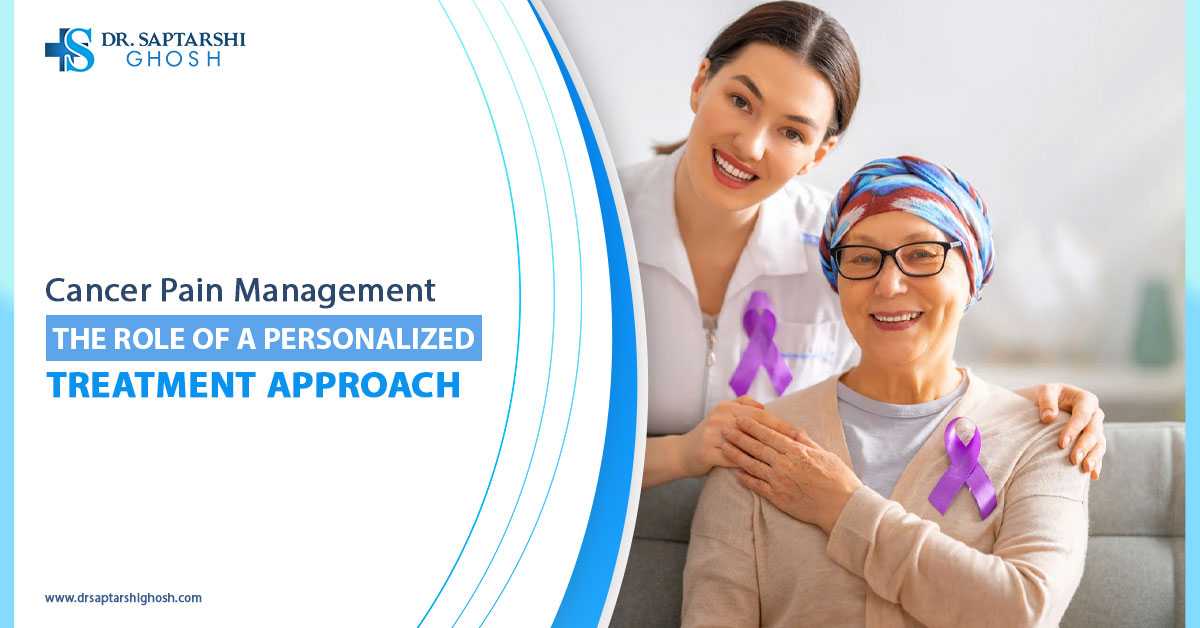When an individual is told they have palliative care, it is often an emotional and confronting thing for them and their loved ones. it’s quite natural to feel afraid when hearing the words ‘palliative care’ for the primary time, but with the proper information and support the method are often made easier like the palliative care in Siliguri.
Table of contents:
- What is Palliative Care
- The Principles of Palliative Care
- Where can patients access Palliative Care
What is Palliative Care?
Palliative care essentially means an individual is at the top of their life, and an enormous focus is on keeping them comfortable in order that they’re ready to live out their final time on this earth with attention on the standard of life instead of counting the times.
The Principles of Palliative Care
- Palliative care isn’t simply a process that a patient undergoes within the hospital by themselves. It’s a philosophy that’s integrated into their overall care and therefore the care their family receives.
- Affirms life and regards dying as a traditional process
- Neither hastens nor postpones death
- Provides relief from pain and other distressing symptoms
- Integrates the psychological and spiritual aspects of care
- Offers a network to assist patients’ families cope during the patient’s illness and in their own bereavement
- Physical pain is an unfortunate part of many health conditions at the top of life stage.
- Pain relief should therefore be something that has the physical, psychological, social, and spiritual aspects of suffering.
- Comprehensive knowledge of the underlying pathophysiology of pain is important for effective management. The three-step approach of palliative care in Siliguri, administering the proper drug within the right dose at the proper time is meant to be inexpensive and 80-90% effective.
- There should be a consideration given to treating the underlying explanation for the pain – this might be by surgery, radiotherapy, chemotherapy, or other appropriate measures.
Where Can People Access Palliative Care?
Palliative care is granted where the patient and their family want, where feasible. It’s not exclusively locked into a clinical or hospital setting.
This may include:
- At home
- In hospital
- In a hospice
- In a residential aged care facility
Many people indicate a preference to urge treated reception and making this possible often depends on several factors, like the character of the illness, the quantity of care the person needs, what proportion support is out there from the person’s family and the best palliative care in Siliguri ensures that whether the person has someone reception who can provide physical care and support for them.
Note: This blog explains the idea of palliative care. Consult the bets oncologist for the best palliative care.






